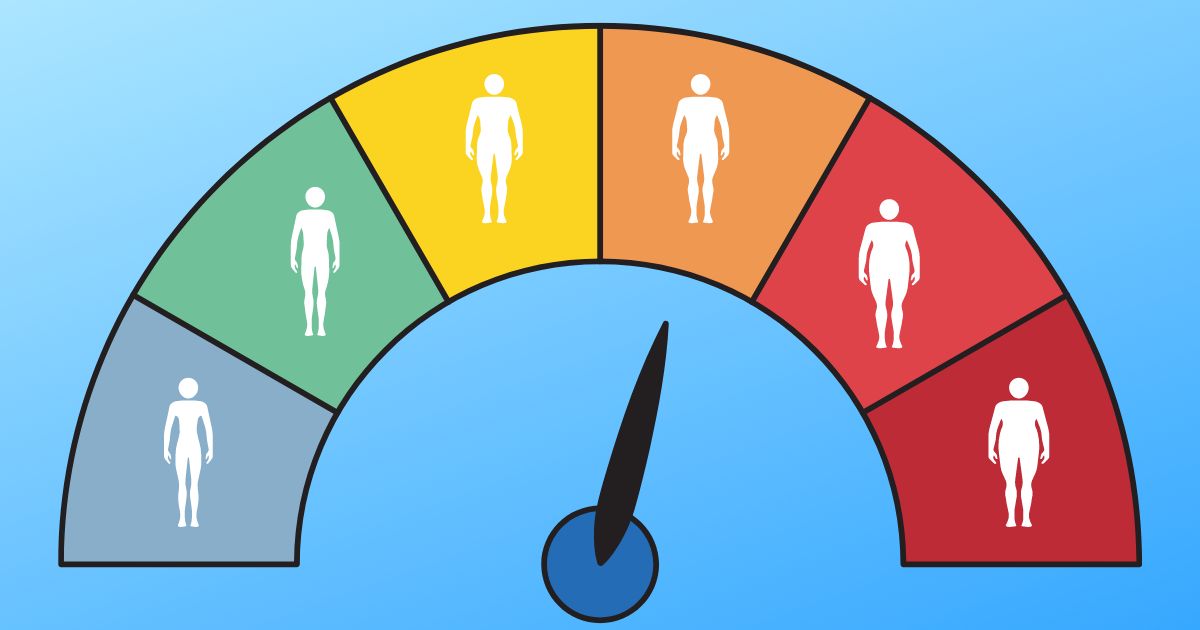Achieving an optimal Body Mass Index (BMI) is a goal shared by many individuals seeking a healthier lifestyle. The journey to a healthy BMI often focuses on diet and exercise, but the timing and frequency of meals play equally crucial roles. This strategic approach to meal timing and frequency not only supports weight management but also enhances overall well-being.
Understanding the Importance of BMI
BMI is a key indicator of health, providing insights into the balance between height and weight. An optimal BMI is associated with a reduced risk of chronic diseases, including diabetes, heart disease, and certain cancers. Achieving and maintaining this balance requires more than just mindful eating; it demands a comprehensive understanding of how and when we fuel our bodies.
The Role of Meal Timing and Optimal BMI
Meal timing is pivotal in synchronizing our eating habits with our body’s internal clock, or circadian rhythm. This synchronization supports metabolic health, aiding in more efficient digestion, nutrient absorption, and energy utilization. For instance, consuming a nutrient-rich breakfast can jumpstart your metabolism, setting a positive tone for the day. Conversely, late-night meals may disrupt your body’s natural processes, leading to potential weight gain and metabolic disturbances.
Optimizing Meal Frequency
How often we eat can impact our BMI just as significantly as what we eat. Traditional advice often advocates for multiple small meals throughout the day; however, recent research suggests that this may not necessarily be the best approach for everyone. Instead, focusing on the quality of meals and aligning them with our body’s natural hunger signals can lead to better weight management outcomes.
Strategies for Meal Timing and Optimal BMI Frequency
To optimize your BMI through meal timing and frequency, consider the following strategies:
- Start with a Strong Breakfast: Kickstart your metabolism with a balanced breakfast. This meal should provide you with energy and set the stage for nutrient absorption throughout the day.
- Mindful Meal Planning: Plan your meals to ensure they align with your daily activities. Consuming the majority of your calories earlier in the day when you’re most active can support better metabolism and energy levels.
- Listen to Your Body: Pay attention to your body’s hunger and fullness cues. Eating when truly hungry and stopping when comfortably full can prevent overeating and weight gain.
Incorporating Nutritional Considerations
A balanced brazilian diet rich in fruits, vegetables, lean proteins, and whole grains supports optimal BMI. Each meal should be a blend of macronutrients (carbohydrates, proteins, and fats) and micronutrients (vitamins and minerals) to fuel the body’s needs effectively.
The Impact of Exercise
Regular physical activity complements meal timing and frequency strategies by boosting metabolism, burning calories, and building muscle mass. Incorporate a mix of cardiovascular, strength, and flexibility exercises into your routine to maximize health benefits.
Practical Applications and Insights
- Breakfast Ideas:
- Whole grain toast with avocado and poached egg
- Greek yogurt with mixed berries and a sprinkle of nuts
- Lunch Suggestions:
- Grilled chicken salad with a variety of vegetables
- Quinoa bowl with mixed vegetables and tofu
- Dinner Recommendations:
- Baked salmon with steamed broccoli and quinoa
- Vegetable stir-fry with lean beef over brown rice
Meal timing and frequency are key components of a strategy aimed at achieving an optimal BMI. By understanding and applying these principles, individuals can enhance their metabolic health, support weight management, and improve their overall quality of life. For further reading on the importance of meal timing, the Harvard School of Public Health offers insightful resources on nutrition and metabolism.
